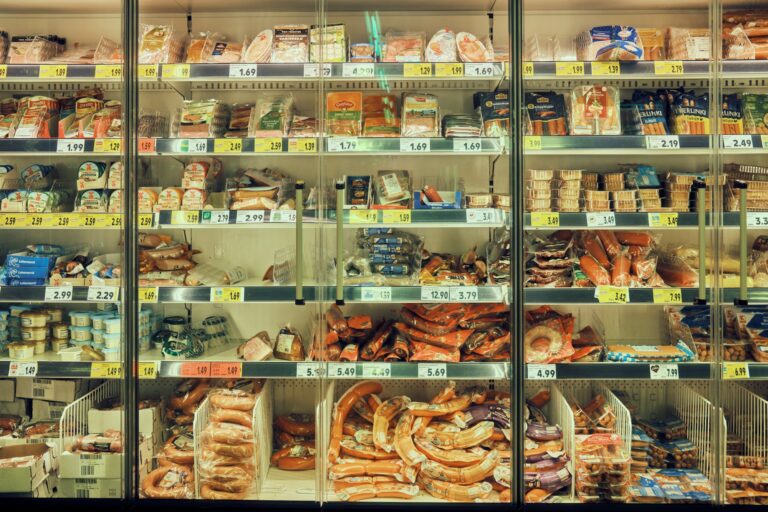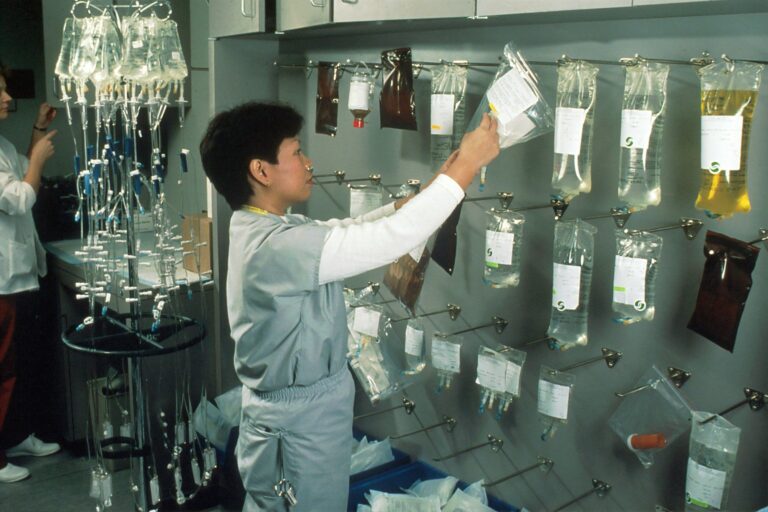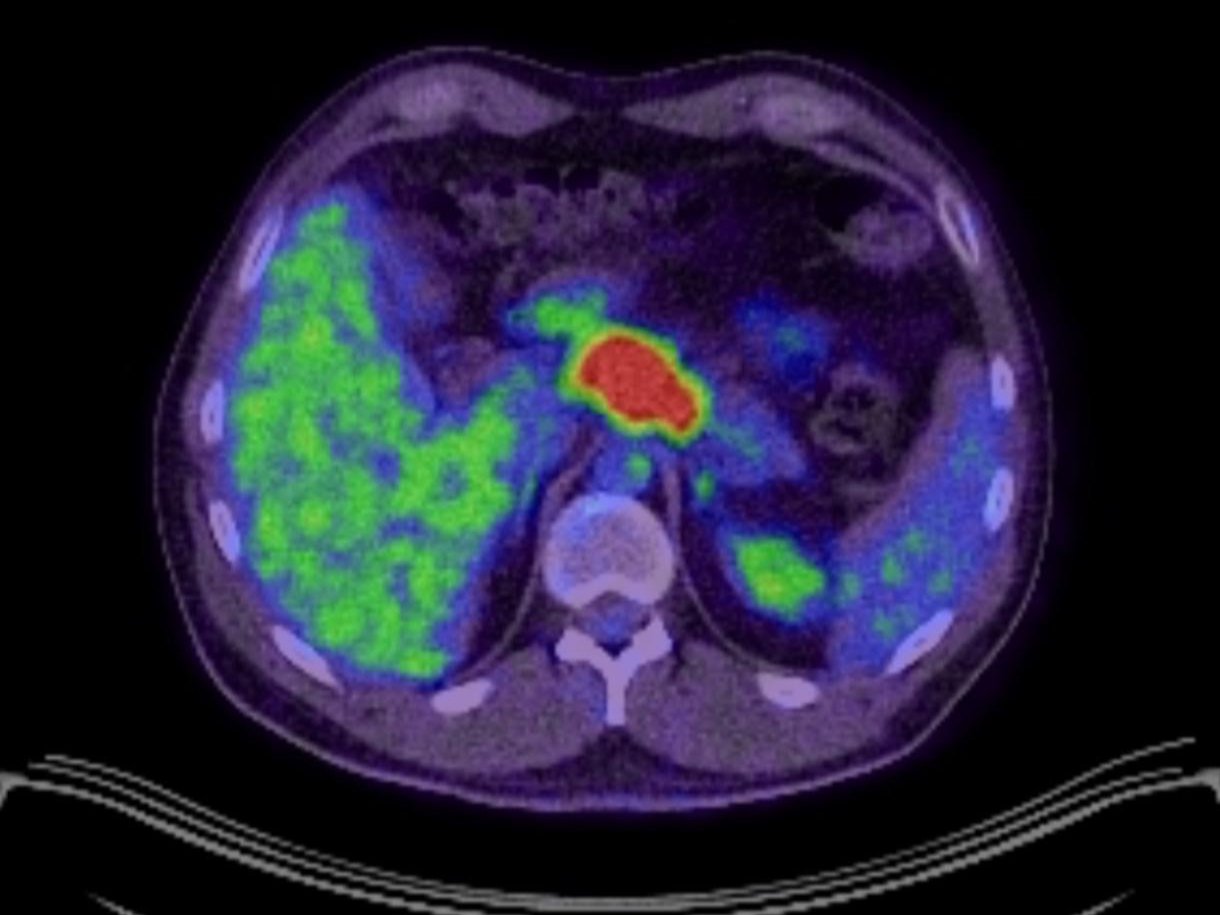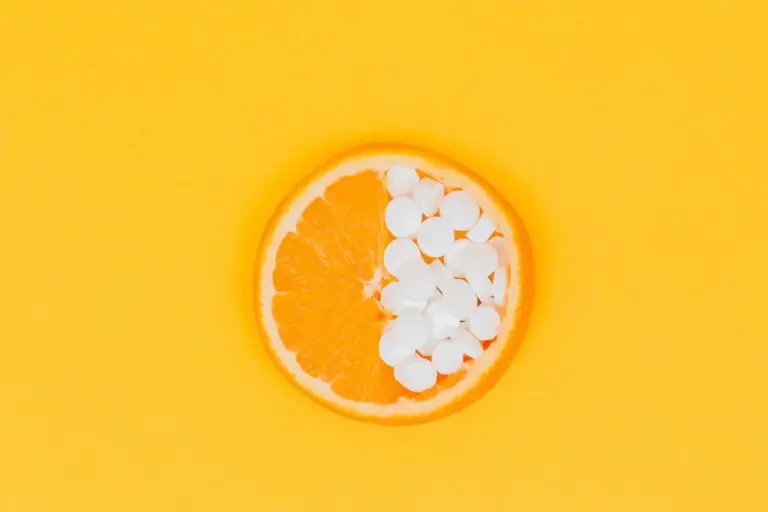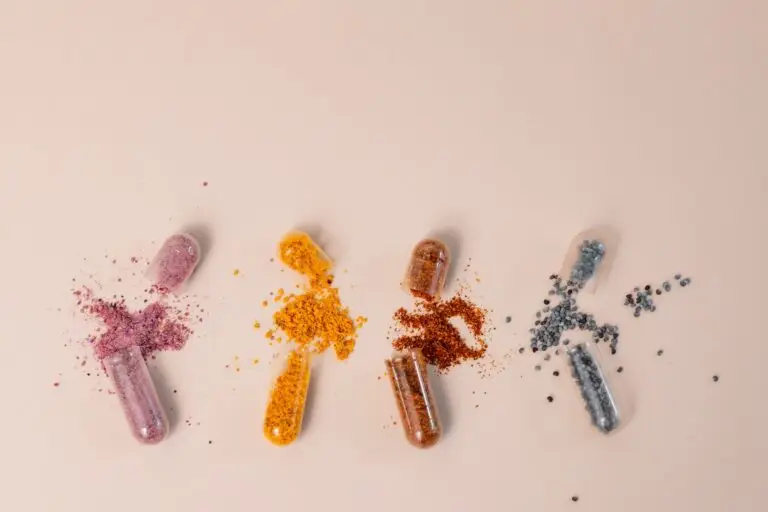Live cleaner, greener, and more intentionally with these comprehensive lifestyle hacks tailored for holistic well‑being and environmental care. Each tip is backed by expert sources and includes thoughtful affiliate recommendations to help you make smart, sustainable swaps.
1. Build a Non-Toxic Cleaning Arsenal with DIY Staples
Why it matters: Conventional cleaning products often emit VOCs (volatile organic compounds) and harsh chemicals that affect air quality and skin health.
Simple DIY toolkit:
- Baking soda
- Distilled white vinegar
- Lemon juice
- Unscented liquid castile soap
- Essential oils (tea tree, citrus)
- Cleaning cloths
How-to tip: Mix equal parts water and vinegar, add a few drops of essential oil, and use it as an all-purpose spray. Baking soda plus lemon juice makes a gentle scrub.
Reddit insight:
“With baking soda, white vinegar, and soft soap, you essentially have all you need to clean the house… they’re all really cheap compared to standard cleaners.” RedditOne Green Planet
2. Upgrade to Glass & Stainless for Food Storage
Why it matters: Plastic storage containers can leach endocrine-disrupting chemicals like BPA and phthalates.
Better alternatives:
- Glass jars
- Stainless steel tins
- Silicone lids or beeswax wraps
Affiliate pick:
👉 Kilner Glass Jar Set with Clip Tops – Set of 3 – Ideal for pantry staples, fridge items, or homemade storage.
3. Move to LED Lighting for Energy Efficiency
Why it matters: LEDs consume around 80% less energy, last longer, and emit no mercury or UV radiation.
Affiliate pick:
👉 Philips Warm White LED Bulbs – Pack of 10 – Energy-saving, long-lasting, and perfect for a cozy home glow.
4. Improve Indoor Air Quality – Skip Synthetic Fragrances
Why it matters: Artificial fragrances often contain harmful VOCs that degrade indoor air quality.
Clean alternatives:
- Essential oil diffusers
- Soy or beeswax candles
- HEPA air purifiers
- Regular ventilation
According to Homes & Gardens, experts recommend enhanced airflow, natural scents, and plant-based cleaning to reduce harmful exposure. Better Homes & GardensHomes and Gardens
Affiliate pick:
👉 Tisserand Aroma Spa Diffuser + Essential Oil Set – A clean, aromatic way to scent your home.
5. DIY Natural Cleaning Boosters: Tea Bags, Citrus, and Baking Soda
Why it matters: Natural ingredients can tackle grime without chemicals or waste.
Pro tip: Used tea bags are surprisingly effective at cleaning shower screens, taps, and toilets – thanks to their tannin content. They can be composted afterward too. The Sun
6. Grow Your Own Herbs or Edible Greens
Why it matters: Indoor gardening cuts food miles, chemical exposure, and packaging waste – plus it tastes better and costs less over time.
Affiliate pick:
👉 Indoor Organic Herb Growing Kit (Basil, Parsley, Cilantro, Chives) – All-in-one, organic seeds for your kitchen windowsill.
7. Ditch Toxic Products One Swap at a Time
Why it matters: Small, steady changes are easier to sustain than sweeping overhauls.
Start with commonly used items like laundry detergent, hand soap, and surface cleaners.
Experts recommend choosing biodegradable, plant-based cleaners and eco-certified products. SuperBeeWikipedia+8greenercleaner.net+8Homes and Gardens+8
Affiliate pick:
👉 Bio-D Concentrated Laundry Liquid – Fragrance-Free, 1L – Gentle, effective, and free of synthetic fragrances.
8. Minimise Plastic – Embrace Reusables
Why it matters: Single-use plastic contributes to pollution, waste, and health risks.
Easy swaps:
- Reusable water bottles
- Silicone sandwich bags
- Beeswax wraps
- Refillable cleaning and beauty bottles
As Better Homes & Gardens notes: transitioning to plastic-free options benefits both health and the environment. Coddington Design+7Better Homes & Gardens+7Eco-Stylist+7Forest Homes
9. Reduce Fast Fashion & Choose Second-Hand or Sustainable Styles
Why it matters: Fashion accounts for massive waste, energy use, and pollution. Choosing durable, eco-made textiles reduces your impact.
Actions:
- Thrift or repair clothing
- Pick sustainable brands or organic fabrics
- Buy less, choose better
10. Embrace Sustainable Diet Practices
Why it matters: Eating less meat, choosing seasonal produce, and supporting organic farming reduce carbon emissions and exposure to pesticides. Wikipedia+2CBS University+2Eco-Stylist+2Wikipedia
Lifestyle swaps:
- Try Meatless Mondays
- Join a local CSA (Community Supported Agriculture)
- Shop farmers’ markets for seasonal, organic fare
11. Walk, Cycle, or Use Public Transport
Why it matters: Transportation is a major contributor to carbon emissions.
Health + environment benefits: Opting to walk, bike, or use public transport significantly lowers your footprint. Reddit+8Wikipedia+8Wikipedia+8
12. Conserve Water with Smart Habits
Why it matters: Freshwater is finite – and our use in the home adds up.
Tips:
- Fix leaks immediately
- Run dishwashers and washing machines only when full
- Use cold, short wash cycles, up to 66% energy savings. SELF+1Wikipedia+1Forest Homes+4Wikipedia+4Marie Claire UK+4Wikipedia
- Consider rainwater harvesting or greywater reuse for gardening if feasible
Final Thoughts
Eco-conscious, chemical-free living isn’t about perfection – it’s about progress, not perfection. Each intentional swap – from the cleaning aisle to lighting choices, from kitchen habits to wardrobe decisions – adds up.
Start small, stay consistent, and before long, you’ll enjoy a home and lifestyle that are healthier for you – and for our planet.
This post includes affiliate links. If you purchase through them, Life Organic may earn a small commission at no extra cost to you.
Subscribe to stay connected

